Chess involves critical thinking, anticipation and a variety of strategies, all within competitive high schoolers that are learning, teaching and competing with others. Freshman science teacher Sebastian Vollmar has a strong connection to the game of chess and strong relationships with his players.
“I have a pretty good idea of how good my players are and if they’re new,” Vollmar said. “When they’re new, I ease up on them and ask them questions to get them thinking, so that they learn from the games we play.”
Vollmar has been playing chess since he was in first grade, yet that does not stop his students from trying to beat him.
“[Players] beat me sometimes, but that’s how you get better at chess,” Vollmar said. “You get better by playing people that are better than you. There is really not any luck involved, maybe in other games or sports, but you ca not really get lucky in chess.”
One of the players that continues to beat Vollmar is senior Logan Boulanger. Boulanger has been playing chess since he was in sixth grade and since then, his chess skills have only gotten better.
“As a freshman, I was 600 graded. Then by junior year, I was 900 and now I am almost 1400 consistently,” Boulanger said.
Although some of this may be natural talent, a lot of work goes into learning and playing chess. Normally the players go in, grab a board, and have a fun competition against each other, but sometimes it is not always about competition.
“Sometimes they will teach each other some moves or help others that they do not understand,” Vollmar said. “At some points I will even challenge the kids, blow them out of the water then help them. None of it matters too much as it is a learning experience.”
Vollmar believes that strategy in the game of chess is key.
“My new players just play one turn at a time, but my really good players can see five, six, or even seven turns ahead,” Vollmar said. “They know what is going to happen, and they can predict and strategize around that. It is knowing your opponent and being able to predict them, and to know the different kinds of patterns.”
With the training, strategizing, and pattern forming, comes competition. Competition can look different depending on the circumstances. In the chess club, there is always a tournament at the end of the year to see who is the “best.” This tournament can be for people who just started or players who have been playing for years.
“Last year, we had a tournament, and they say the best chess games are the ones that tie. Our two main competitors tied in the end, so we had two champions,” Vollmar said.
Another tournament that is important, stressful, and popular, is the annual Mac Plaque tournament.
“This was the first year that we had a tournament against Pinkerton for the Mac Plaque,” Vollmar said. “We went undefeated against Pinkerton, and our three competitors were Logan Boulanger, Aidan McKinley, and Brendan Saich. They all won three matches.”
Vollmar has watched multiple players grow from freshman year to senior year, watching them get better. He has seen them learn new techniques, fail, strategize, and now, teach and help others.
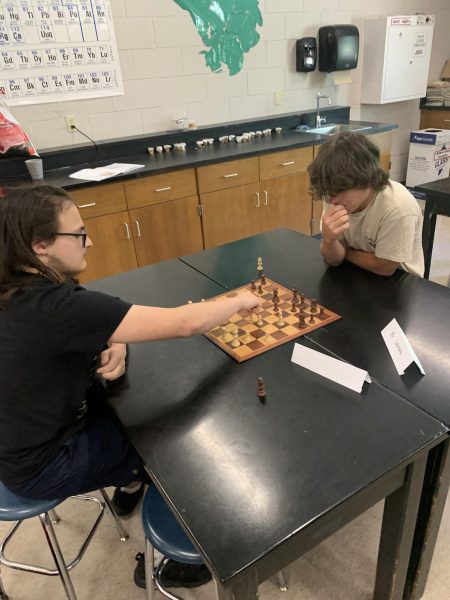
“My personal favorite part about chess club is seeing the new kids come in that don’t really know a lot about chess,” Vollmar said. “They come in, they watch a few kids, and then I see them start playing, and then they start getting more interested and better at chess.”
Boulanger’s favorite part about chess is going up against Vollmar.
“Mr. Vollmar is my favorite opponent to actually play against. I normally beat him,” Boulanger said. “I still remember our first game was in science class with him. He decided to put the game on the projector, then I beat him.”
Although there are a handful of students who show up for the club meetings, Vollmar wishes there was a better attendance.
“We could have so many more kids that are interested in chess,” Vollmar said. “We typically have a solid 10 to 15 that always come. Right now, I have 87 kids in the Google Classroom for our club.
Chess is a very fun game, but it can be extremely challenging, competitive, skill based, and hold great strategy that takes years to master, yet not a lot of people realize.
“Every Wednesday, we meet after school,” Vollmar said. “We’ll have some tournaments this year. If you’ve never played before, you can come and learn. If you’re really good, you can come and challenge us.”




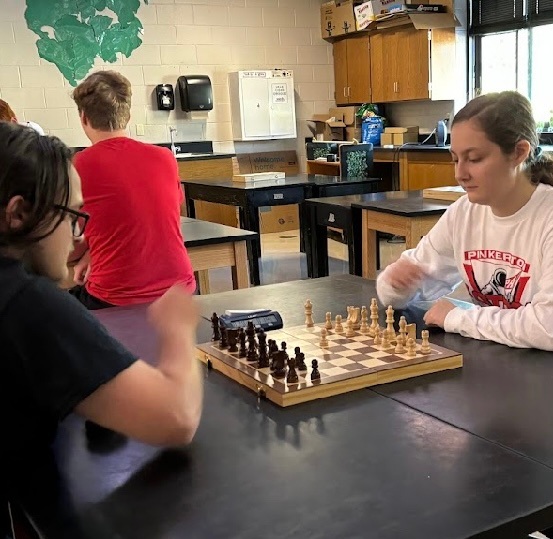
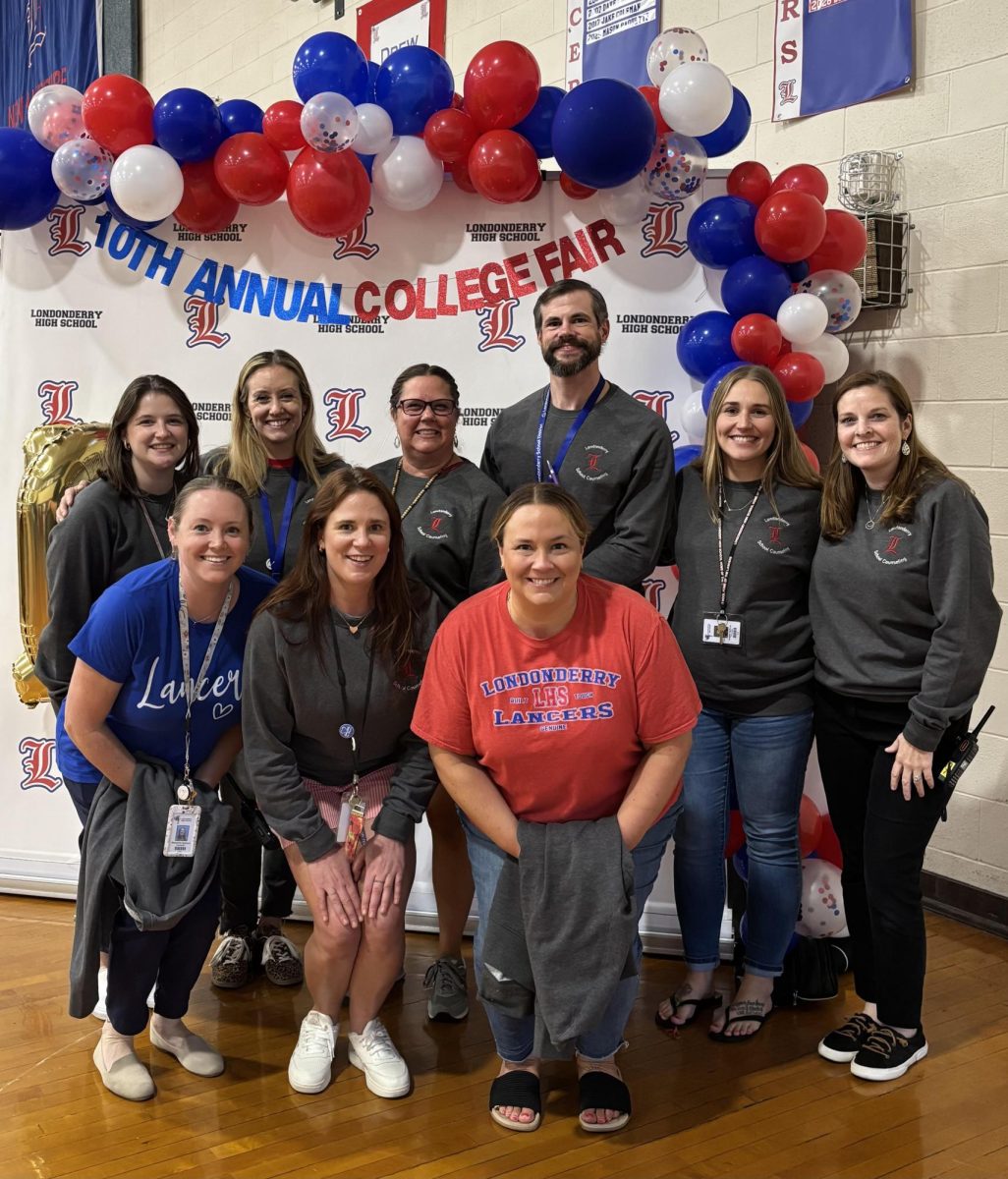
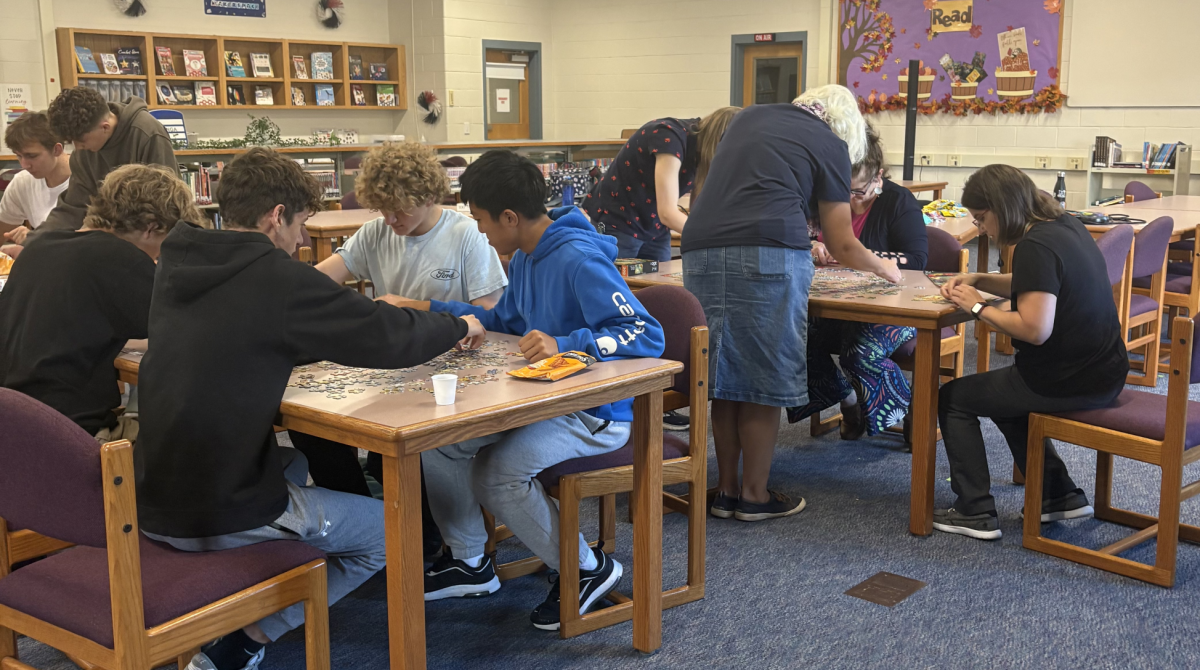
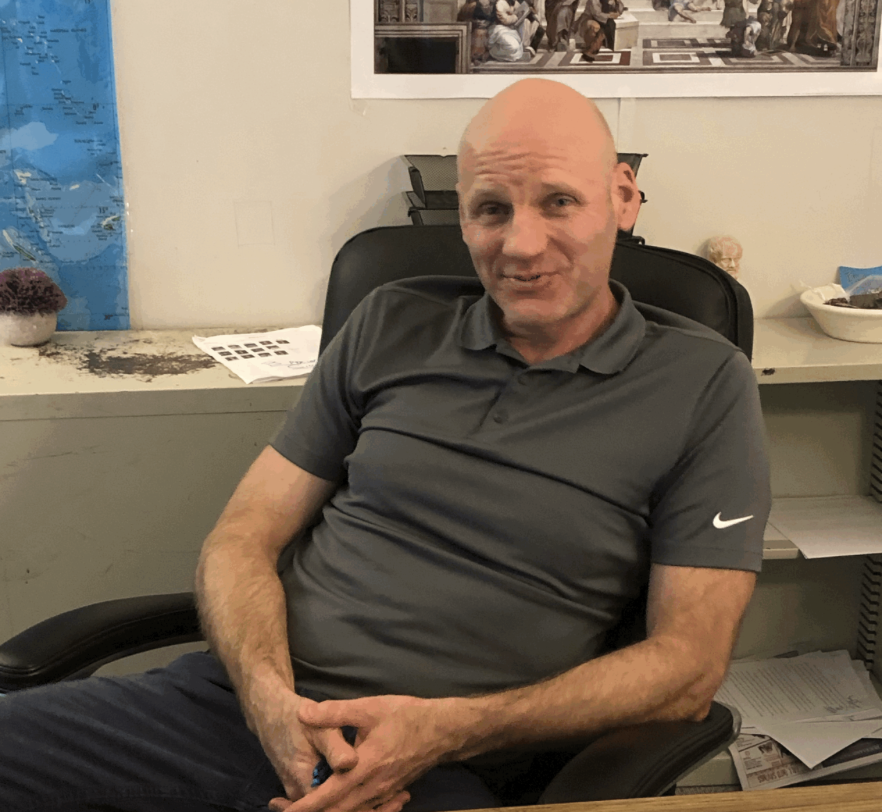
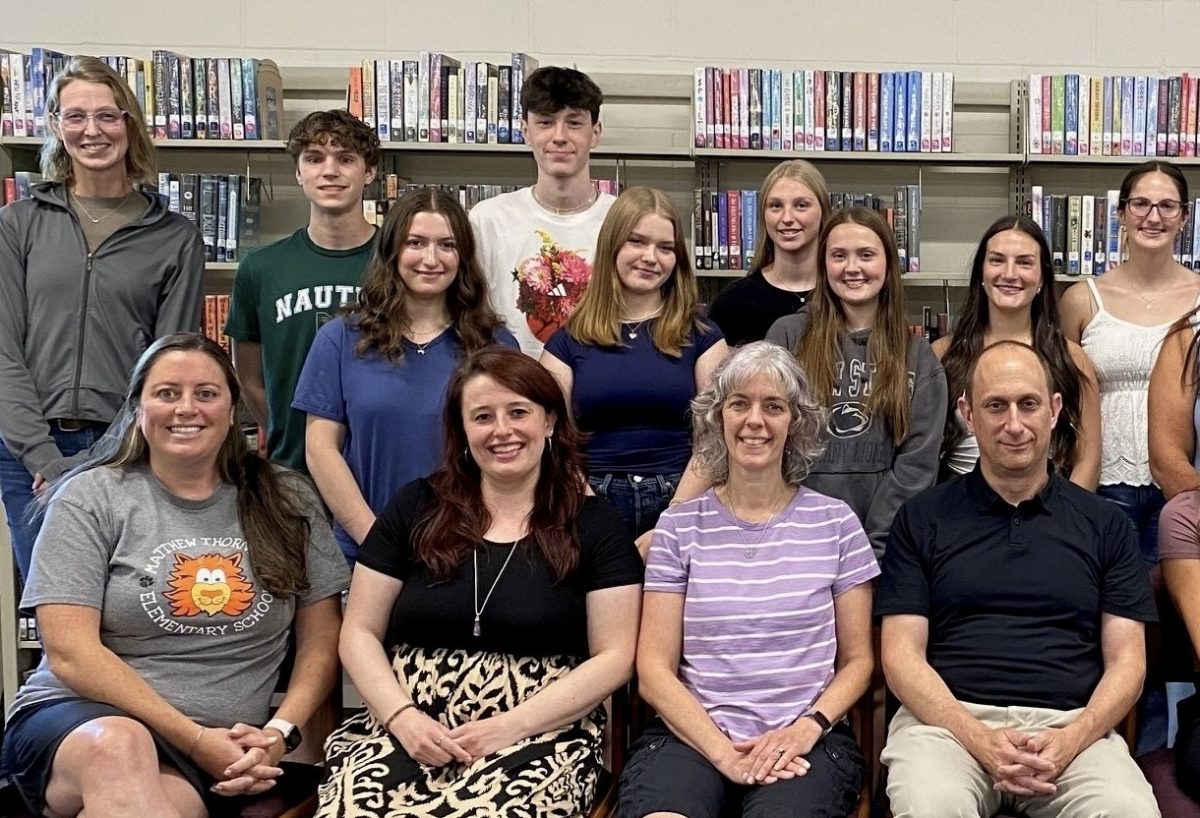
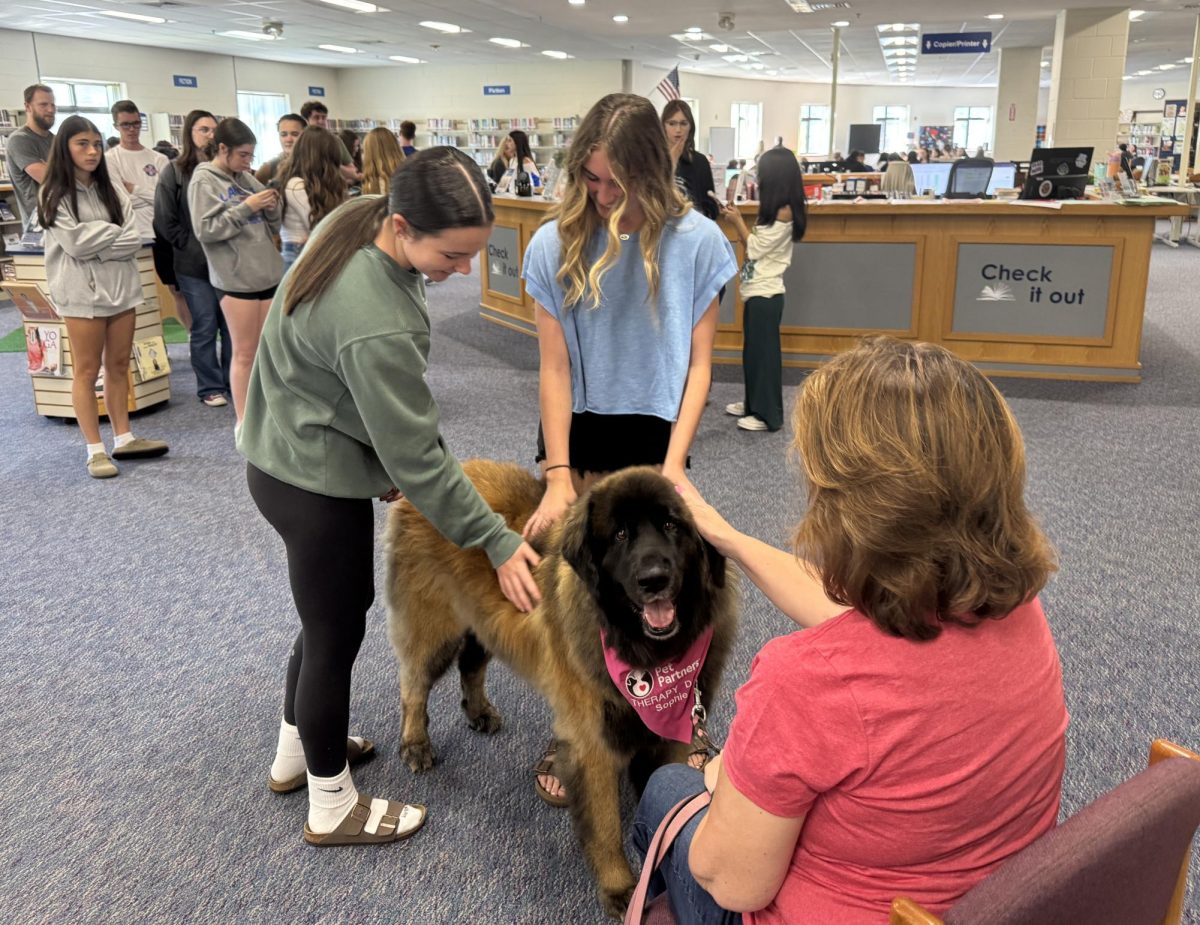
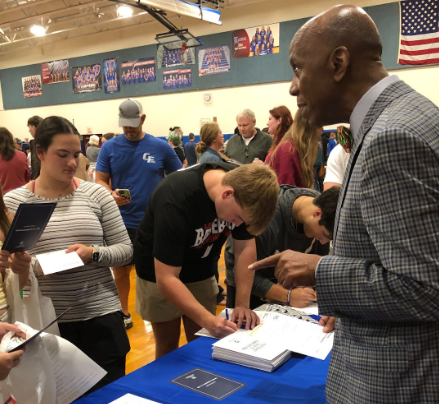
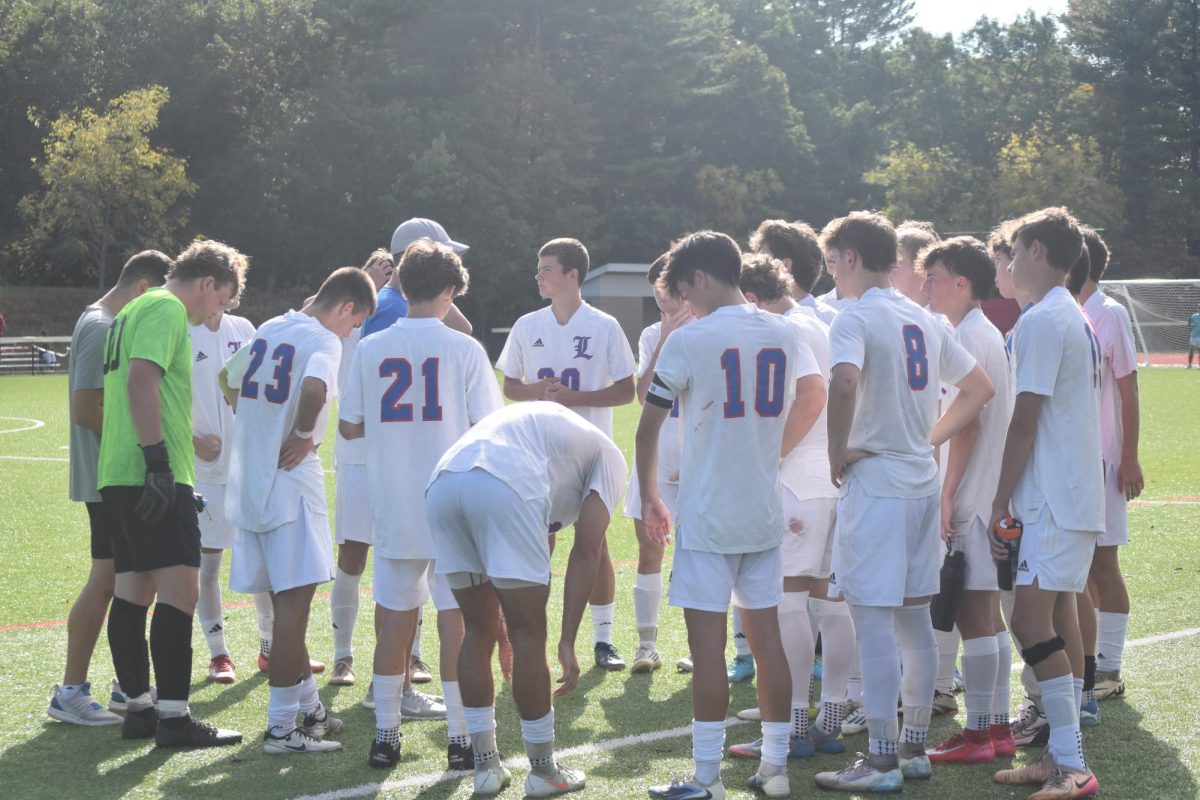
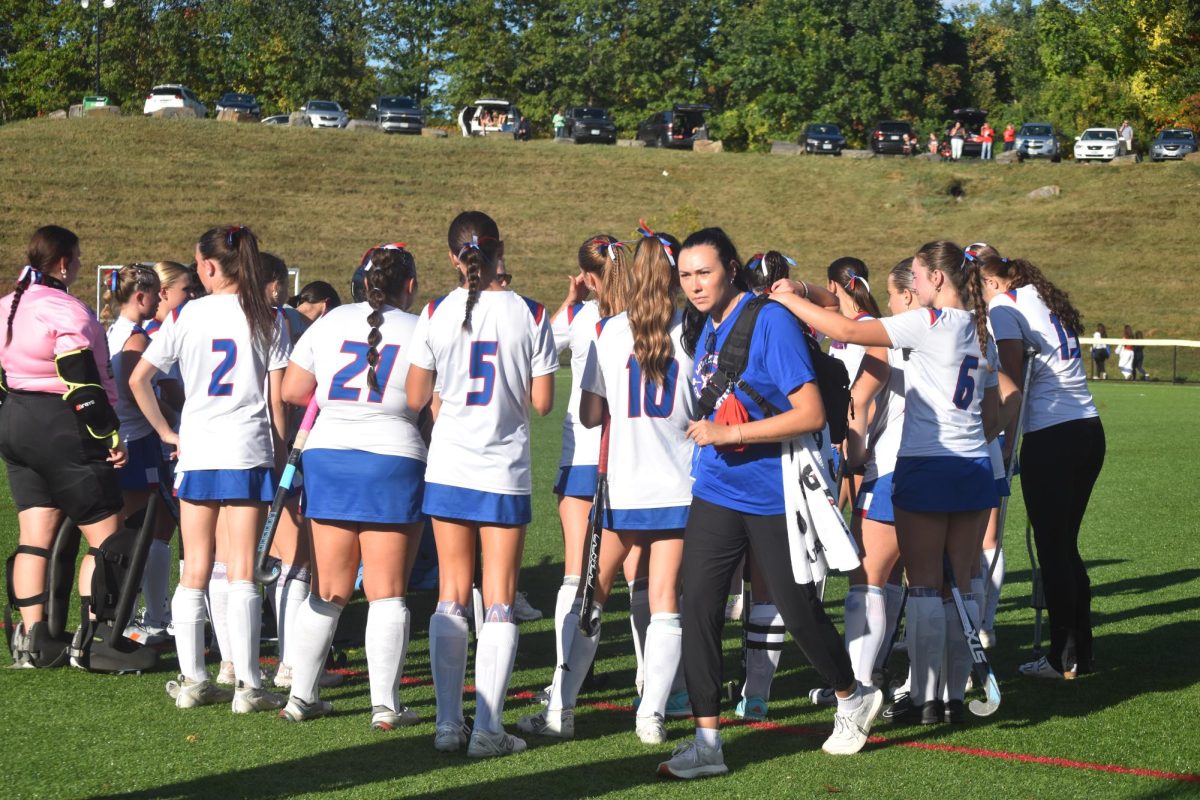

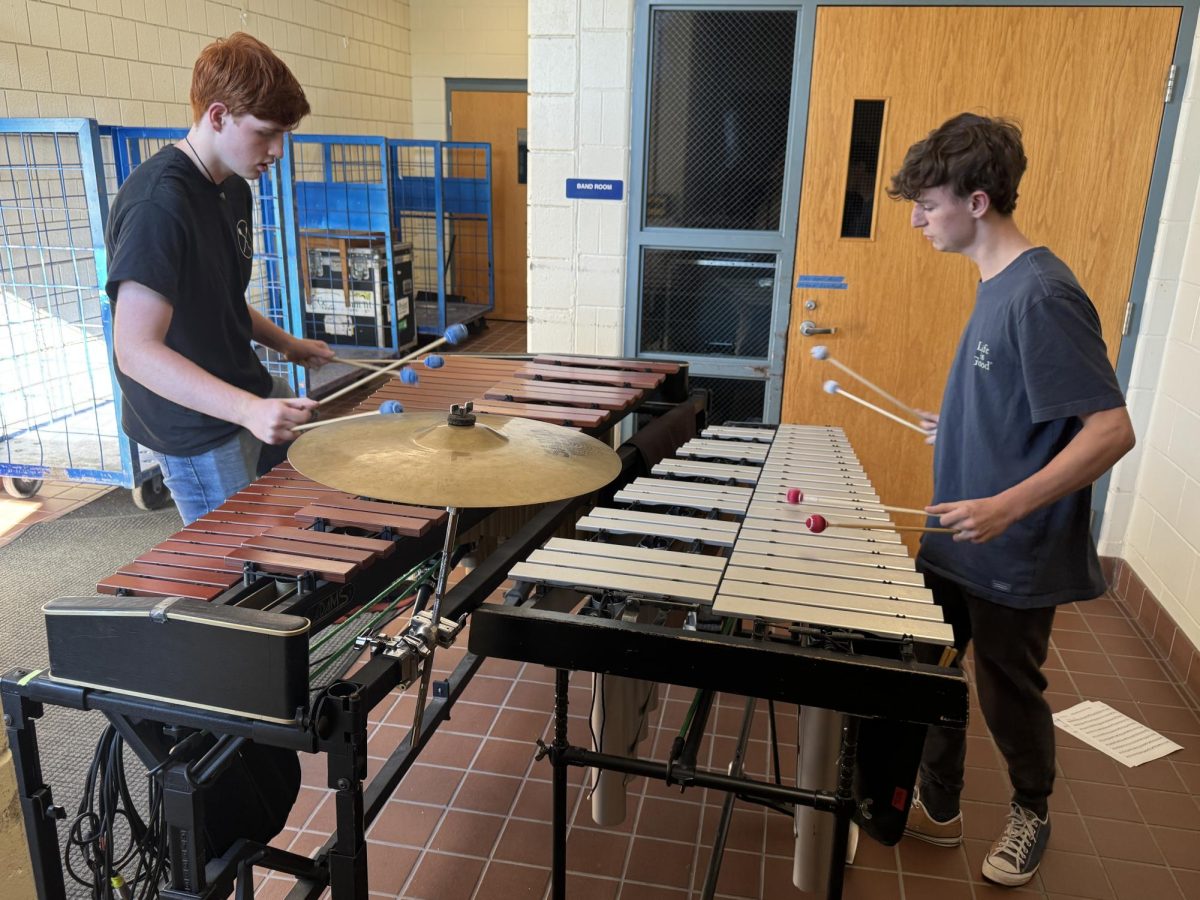
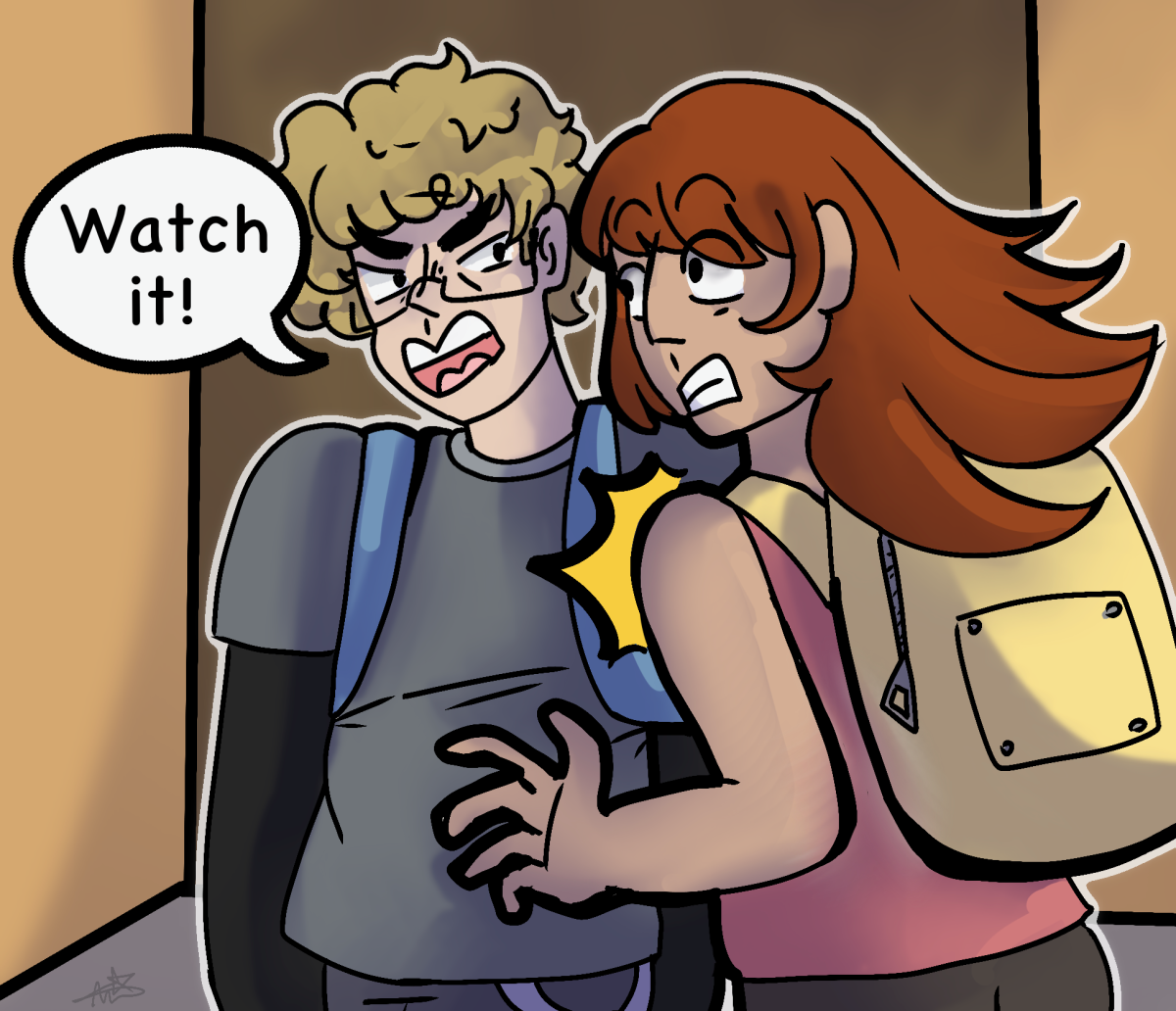
David Stobo
Jan 8, 2025 at 7:48 am
An amazing and comprehensive article.
Very informative and a pleasure to read.